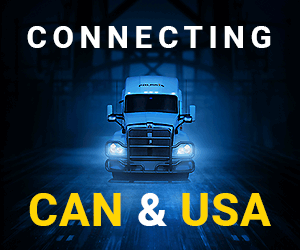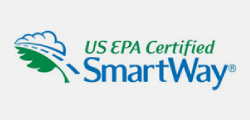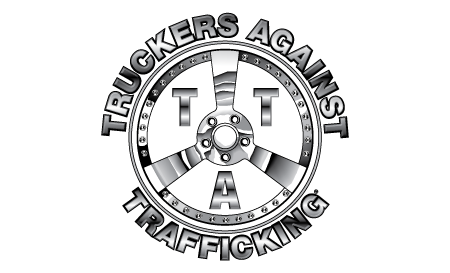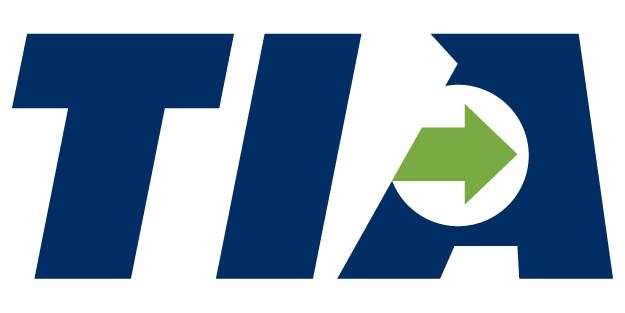
One of the hottest issues being discussed right now on Capitol Hill is the United States-Mexico-Canada Agreement or USMCA. The trade agreement being dubbed “NAFTA 2.0” was signed by the three countries last year but has not been approved by Congress yet and uncertainty continues to surround this agreement leading folks (including myself) to ask is this deal going to get done or is it dead on arrival?
Trade with Canada and Mexico has quadrupled in the past 25-years and nearly reached $1.3 trillion in 2017 and according to our Commerce Department, Canada and Mexico buy more than one-third of the U.S. merchandise exports. Additionally, the current trade between our three nations supports millions of American jobs, drives our export growth, is vital for manufacturers, provides essential business for farmers and ranchers, boost small businesses throughout the U.S. and enhances the service economy. All in all, a trade deal with Canada and Mexico is vital to our nation and the future success of it.
The USMCA would modernize the rules for trade between Canada and Mexico and the U.S. with state-of-the-art provisions. These provisions include; increasing market access, create digital trade and bolster a digital economy, provide strong protections for intellectual properties, increase agricultural standards, modernizes customs procedures, and raises the bar on enforcement for all chapters, including labor and the environment.
So, what’s the holdup? Democrats have voiced concerns about the labor, environmental and pharmaceutical standards of the agreement, in addition to enforcement in general. Speaker of the House Nancy Pelosi (D-CA) remains noncommittal at the moment and hasn’t spoken about the timing of possibly acting on the agreement. The USMCA remains a top priority for President Trump as we move closer and closer to the Presidential election in 2020. Additionally, there are a lot of border-state Democrats that want to see this agreement done as soon as possible as well, especially prior to their re-election campaigns. Speaker Pelosi has made several comments along with Presidential candidate Senator Elizabeth Warren (D-MA) that the “stalling” of acting on this agreement has nothing to do with giving President Trump a victory prior to the election, because an agreement is essentially for American businesses and American workers, but the fact remains there has been no movement.
I know both sides are still talking about this agreement and trying to find the right path forward, but the reality is time is running out. Many experts agree, that if no deal is done within 30-days there will be no deal. I personally remain optimistic and think this important trade deal gets done before the end of the year. The American people need this trade deal ASAP, as the President continues to deal with the trade war with China, which hopefully gets resolved soon as well.
If you have any questions or want to learn more about TIA’s Advocacy efforts, please contact Chris Burroughs ([email protected]).













